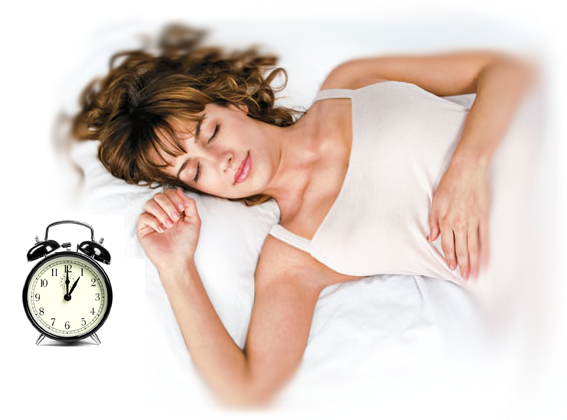Uncategorized
Adequate Sleep to Feel Full of Energy
Introduction
Are you aware of the fact that around one-third of your time is devoted to sleeping?
Many people view sleep as a waste of valuable time as they are unconscious while the body rests. People sometimes reduce the amount of time spent sleeping, assuming it won’t cause any damage to health and with other responsibilities appearing much more important. But research has found that sleep plays a very important part in processes that help people stay healthy and able to function at their best. The brain stays active during sleep and works in strengthening cognitive functions indispensable for learning and creating memories and new insights. Sleep deprivation, however, impairs your ability to focus and pay attention or respond quickly and may even trigger mood problems. Also, medical research has found that a long term sleeping deficiency problem boosts the risk of obesity, diabetes, cardiovascular disease, and other health problems.
Phases of Sleep
For those who don’t know, sleep has four different phases that rotate throughout the night in predictable patterns. How energetic you feel and how good your cognizance level is depends not solely on your total sleep time but on how much sleep you can get each night and the timing of your sleep phases. The first phase is characterized by light sleep when a subject can be awakened easily even though his/her eye movements and muscle activities are slow. In the second phase, eye movements of the subject stop along with increased slowing of his/her brain waves. The third phase is the stage of deep sleep when it is difficult to wake someone. You can enter this phase soon after you fall asleep and mostly in the first half of the night. This phase is regarded as the restorative stage of sleep that is essential in order to stay concentrated and focused all day long. The last phase is termed as rapid-eye movement (REM) sleep in which a person’s eye movements can become rapid combined with fast breathing and irregular heart beat and blood pressure. If REM sleep is disturbed, it causes you to feel drowsy, irritable and lethargic the following day.
A Healthy Sleep Time
The amount of sleep time needed varies from person and person due to many factors, including age. Despite variations in sleep regimes between individuals, various sleep research studies suggest that the maximum amount of sleep needed to keep rested, refreshed and energetic all through the day is about 7-8 hours for adults and at least 10 hours for infants and adolescents. These sleep regimes are reported to prevent an increased risk of developing obesity, cardiovascular diseases, or diabetes. People struggling with sleep disorders like insomnia, sleep apnea, restless legs syndrome (RLS) and narcolepsy are usually deprived of getting both non-REM sleep and REM sleep. Both stages of sleep seem to be essential in order to improve learning and thinking processes and perhaps for the restorative benefits of healthy sleep, including the improvement of growth hormone levels and cell restoration. That is why sleep disorders need to be treated as they can impair quality of life, even shortening your life span.
Get Adequate Sleep
It is best to consult your doctor soon after you recognize the symptoms of sleep deprivation. This is because short-term use of sleeping tablets is reported to be highly effective for the treatment of sleep disorders. These pharmacy products are non-barbiturate sedatives that can control sleep deficiency syndrome without affecting your health in any way. At the same time, changes in lifestyle can also help normalize sleep patterns and enable you to benefit from a healthy and restful sleep. So, improve your sleeping habits and stay healthy and alert during the day.




